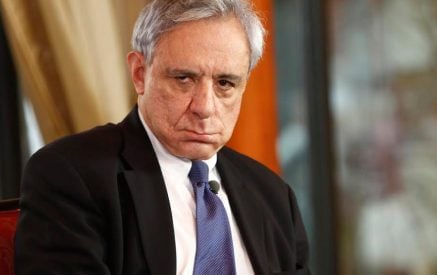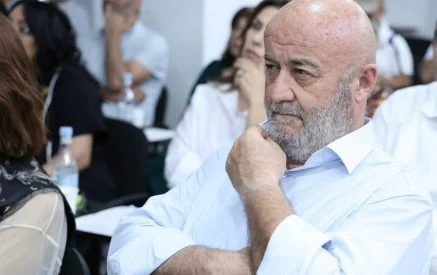China’s most renowned teacher, philosopher, and political theorist Confucius—whom modern vocabulary might label a political technologist and cultural critic—observed 2,500 years ago that benevolence, legitimacy, kindness, and many other human values are rooted in mutual trust. If the institution of mutual trust fails in society, then society itself ceases to exist. It becomes merely a neutral mass of people, or, in other words, a crowd.
Of course, this cannot be understood in an absolute sense. In any collective, there are individuals who think and actively engage in life. However, their numbers are very limited, and they cannot significantly impact the “quality” of society. In Armenia, the populace distrusts the government and state institutions the most, while the political system fails to inspire confidence. Perhaps this is why the public struggles to coalesce around any alternative political force and address Armenia’s crisis of confidence.
Studies demonstrate that countries where the public’s confidence in the state and political system is high tend to achieve rapid growth and prosperity. In an atmosphere of mutual trust, people find it easier to collaboratively explore new avenues of interaction, rally around shared ideas and objectives, self-organize, and actively participate in new alternative leadership initiatives and mass gatherings such as rallies and marches. Metaphorically, we need to break free from the fruitless cycle of “heartrending appeals” and transition to practical action.
Concerned about the nation’s future, the public refuses to be deceived or fed false promises once again. Exhausted and oppressed, the people no longer have the strength or resources to endure another disappointment akin to the “second Nikol.” Nevertheless, they refuse to surrender. Political crises are common occurrences in many countries, just as no one is immune to wars, especially internal conflicts. Thus, it is imperative, at any cost, to extricate ourselves from the clutches of this crisis of confidence, which poses a grave threat in our current circumstances, and to restore faith in our capabilities.
Read also
It is said that trust among members of any group is a crucial factor for psychological safety. Nations and societies, being more complex and populous human groups, require clear objectives and guarantees to rally around a common purpose. What might these guarantees entail? The answer lies in the structural and, particularly, substantive quality of political organizations.
The post-independence experience illustrates that for approximately 30 years, political parties have served the interests of their “owners,” rather than the public’s goals. This trend dates back to the 1990s, when the foundations of independent statehood were laid in the Republic of Armenia, and it continues today in a more systematic manner, attributable to the unique parliamentary model of governance. In other words, both historically and presently, political parties have been and remain closed, self-serving systems devoid of intra-party democracy and transparent decision-making mechanisms.
An alternative political party, or one aspiring to be such, must rectify this by transforming into an entirely open, accessible, and accountable entity with appropriate mechanisms. This entails, among other things, creating electoral lists through open elections and disclosing the composition of the shadow government. It can serve as the initial step toward rebuilding public trust and providing the aforementioned guarantees.
ACNIS- The Armenian Center for National and International Studies






















































